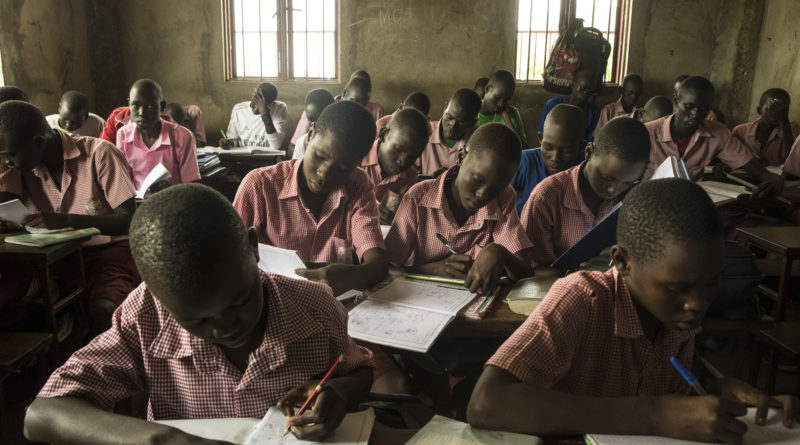In 2012 DFID commissioned a series of rigorous literature reviews focused on education and development. The reviews were commissioned to help DFID make decisions on how best to spend funds on education programmes. The reviews identify critical evidence gaps to guide future research programmes and present existing evidence for the development of effective interventions. Each review was completed by a multi-disciplinary research team who focused on identifying and analysing existing evidence in areas of priority for DFID. In commissioning the reviews, DFID initiated a process which has produced a systematic stocktake and assessment of the existing evidence in critical areas underpinning education programmes.
Over recent decades the nature and quality of research on international education has been problematic. Research on education systems in developing countries has been primarily descriptive in nature, predominantly quantifying the scale of the problems facing policy makers – in particular those relating to access and system expansion. Research studies have also tended to be small in scale and investigator-driven. The fragmented nature of this research has meant that it has not been possible to aggregate findings against high level questions. Additionally, until very recently, there had been little emphasis on experimental research – identifying and testing possible solutions to the problems facing policy-makers.
In this short video, Ian Attfield, a DFID education advisor based in Tanzania, talks about the rigorous literature reviews, with a particular focus on the political economy review, for which he was a peer reviewer:
Resources
The full Political Economy of Education Systems in Developing Countries review can be downloaded here.
The other reviews in the DFID education rigorous literature review series include:
- The Impact of Tertiary Education on Development
- The role and impact of private schools in developing countries
- Literacy, Foundation Learning and Assessment in Developing Countries
- Pedagogy, Curriculum, Teaching Practices and Teacher Education in Developing Countries
Biography
Ian started full time work with DFID in 2007. He joined DFID Tanzania as the Education Advisor in August 2012. His role is to support DFID’s education programme co-ordination and management, which includes both budget support and project finance. He has previously worked with DFID in Northern Nigeria and Zimbabwe (seconded to the European Union Delegation). Both previous assignments had a focus on education policy and programming. Ian regularly blogs for DFID.


